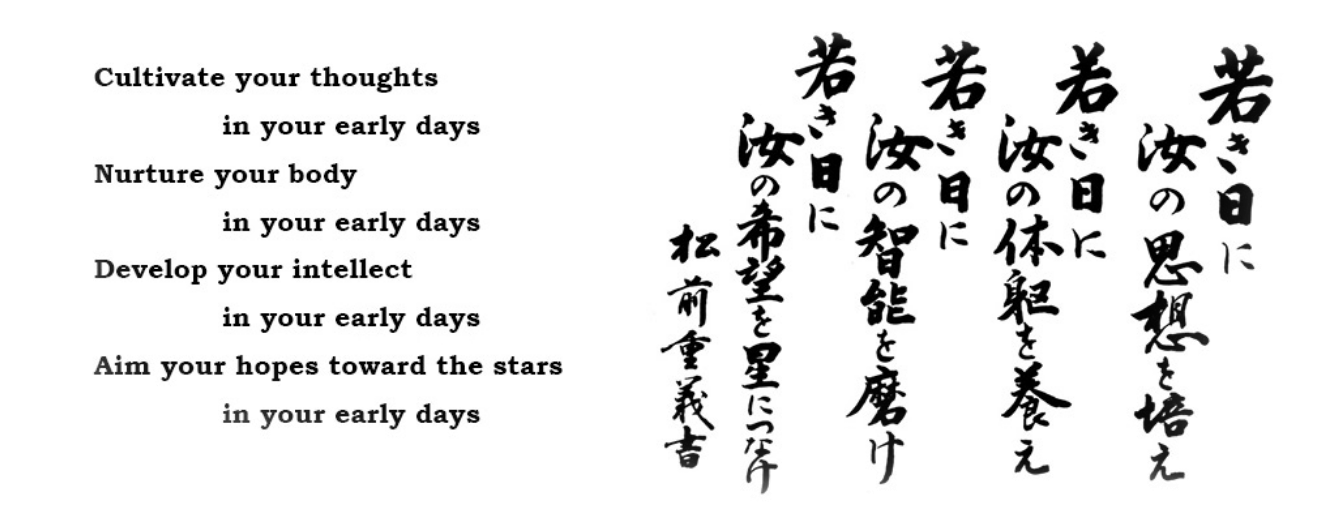History
HISTORY
The Tokai University Educational System (TES) had its genesis in a small, private high school founded in 1936 by Shigeyoshi Matsumae, based upon the educational philosophy of the Danish leader N.F.S. Gruntvig, whose ideas were introduced to Matsumae by famed Japanese educator Kanzo Uchimura. From these two men, Matsumae came to believe that schools were more than a place to acquire knowledge; they were where people could cultivate and develop their thoughts, ideas, and individuality.
Designed to engender an appreciation and understanding of the diverse cultures that exist on earth, the mission of TES is to promote and provide an internationally oriented education that will result in a peaceful world. It is based upon the belief Hawaii Tokai International College that education nurtures the development of ethical global citizens who are grounded in the liberal arts, technologically capable, protective of the environment, and respectful of the harmony that exists in nature. Today, the Tokai University Educational System is composed of an extensive network of educational and research institutions throughout Japan, with overseas facilities in Denmark and Hawaiʻi. Major university campuses are located in Kanagawa, Kumamoto, and Hokkaido. Graduate and research training facilities include a medical school with four hospitals, a marine research center with oceangoing vessels, a space center, and an agricultural experiment station. In addition, there are six junior colleges and fourteen senior high schools.
In keeping with Matsumae’s vision, TES has established educational institutions in many international locations — Copenhagen, Denmark; Vienna, Austria; Seoul, Republic of Korea; Bangkok, Thailand; and Hawaiʻi Tokai International College in Kapolei, Hawaii. In addition, TES maintains student exchange programs and joint research projects with universities all over the world.
